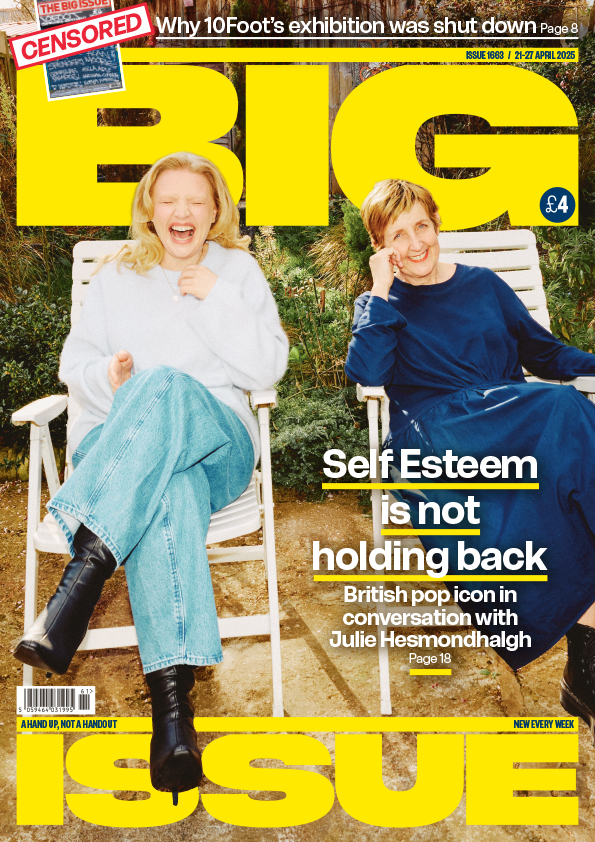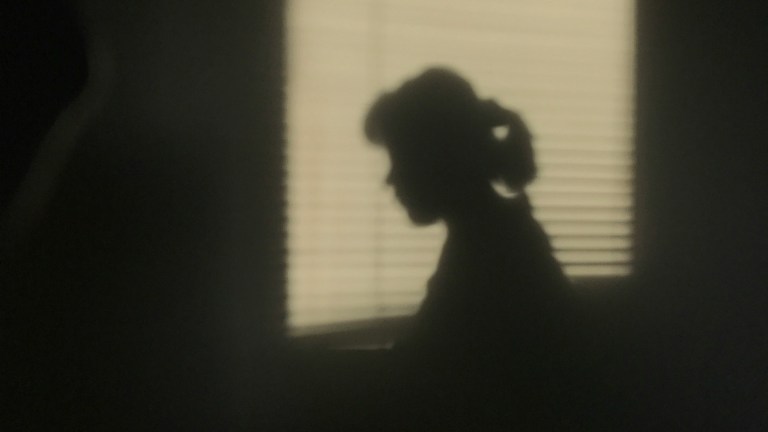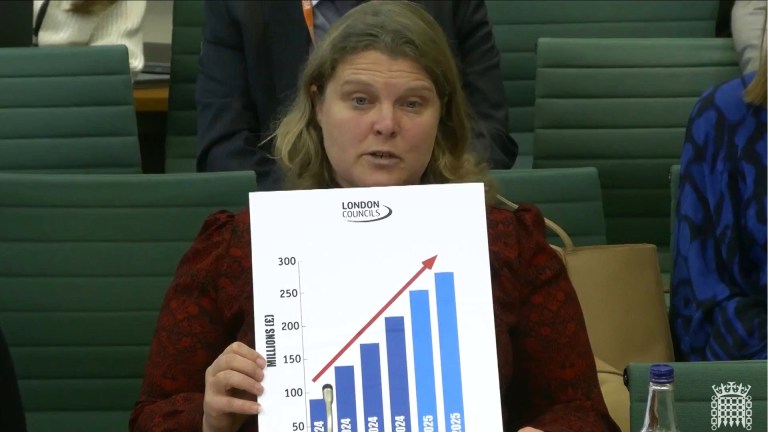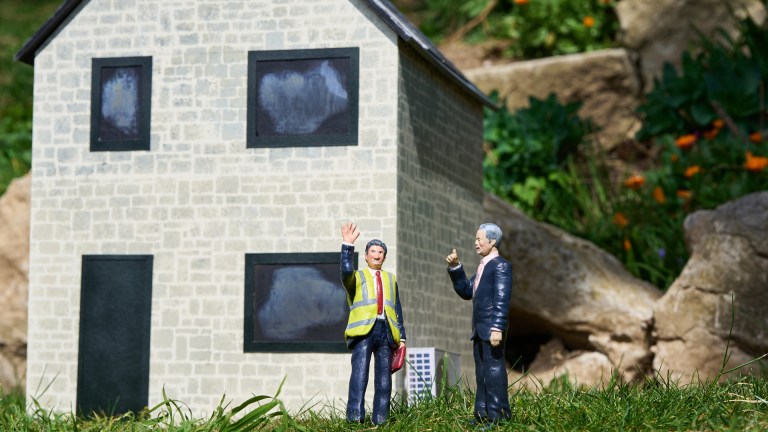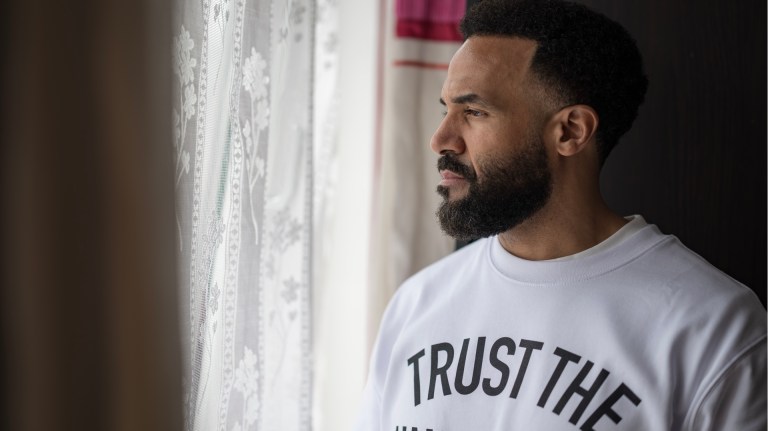Hungary’s rough sleeping ban hit the international headlines when it came into force last October in the latest sign of a waning democracy in the European country.
It was revealed last June that Prime Minister Viktor Orbán, shortly after being re-elected, would change the country’s constitution to outlaw rough sleeping next to cultural sites or important sites, encompassing most of Budapest.
Orbán’s regime had already been subject of a European Parliament report into the “declining democracy and the rule of law” in Hungary by the time it came into force.
The Hungarian government has no interest whatsoever in normalising the situation
But has the ban lived up to fears that rough sleepers would spend more time in prison cells than on the streets as part of Orbán’s marginalising campaign?
Zoltán Gurály is a sociologist at homelessness group Menhely Alapítvány (Shelter Foundation) and told The Big Issue that the matter is still dragging its feet in Hungary’s Constitutional Court.
“Gradually homeless people came back to the city centre of Budapest, and continue sleeping rough due to the pending decision,” he said. “But still, there are many people, whom we cannot find after they had gone to the suburbs.

